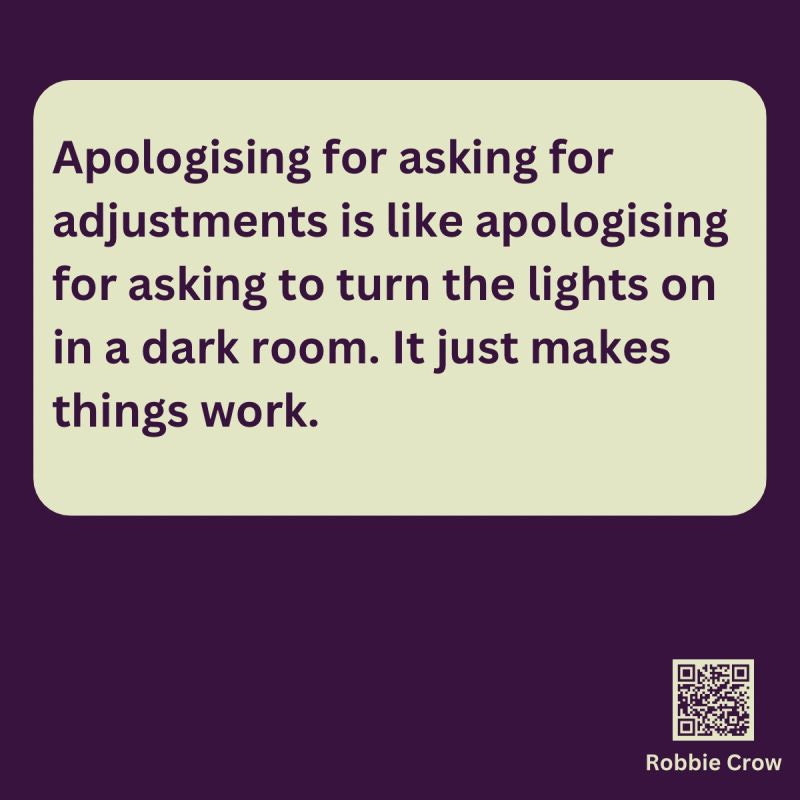Transport Access is a Right, Not a Privilege
Why the UK must act now to end the travel barriers facing disabled people.
For millions of disabled people in the UK, something as simple as catching a bus or train can feel like steering around an obstacle course. A new report from the National Centre for Accessible Transport (NCAT) lays bare the reality: 92% of disabled people encounter barriers when travelling. These are not minor inconveniences – they’re life-altering challenges that limit independence, impact mental health and reduce access to essential services.

Disabled people in the UK make 38% fewer journeys than non-disabled individuals, a statistic that hasn’t budged in over a decade. It’s not surprising, considering the average accessibility rating for all transport modes was a dismal 4.4 out of 10. Even worse, respondents had little hope for future improvements, with scores dropping to 3.4 out of 10 when asked about the next decade.
These barriers are as widespread as they are frustrating. One respondent described their experience: “You are excited to go and be like your friends, but with each barrier, that smile goes away”.
The understanding and identifying barriers to transport NCAT report doesn’t just crunch numbers – it captures the voices of those most affected.
Maggie, who uses a mobility scooter shared her story of a family holiday in Wales. “Pavements were an issue for us; there either wasn’t any, or they were not wide enough, plus the lack of dropped kerbs. This meant I had to drive my scooter on the road. It was dangerous and made us all anxious.” Maggie told the survey.
Annabel, another respondent, who lives with multiple conditions causing her pain and mobility issues highlighted the frustrations of parking abuse. “I arrived at the station but couldn’t find any available accessible spaces. Out of the 7 bays, 6 were being used by people not displaying blue badges. The only space free was the one furthest from the entrance which meant by the time I got to the station and found there were no seats, I ended up on the floor.”
These are not uncommon reports and highlight the human cost of inaccessible transport – missed opportunities, constant stress and a loss of dignity.
The report identifies several key obstacles:
Poor Infrastructure: 65% cited uneven pavements, high kerbs and cluttered streets as barriers. Narrow streets obstruct mobility aids like scooters and wheelchairs.
Unreliable Assistance: Nearly 47% reported that staff assistance – often critical for their journey – was unavailable when needed.
Physical Space: Large gaps on train platforms, inaccessible toilets and insufficient space for wheelchairs were common complaints.
Parking: Accessible parking spaces are frequently abused, and bays without room on both sides of the vehicle have caused obstacles.
These issues make travelling not only difficult but, for some, impossible.
NCAT’s report clarifies areas for change:
Improve infrastructure: Step-free access at stations. Redesigning streets and enforcement of accessible parking regulations are essential.
Include disabled voices: Disabled people should play a key role in transport planning and decision-making.
Enforce Accountability: Transport operators must be held to strict accessibility standards, with regular monitoring to ensure compliance.
One respondent summed it up perfectly “The stress, abuse and pain make it not worth travelling. This can’t continue.”
“There’s no regulator we can call that has any power, so why would companies care when they can get away with it?“ Lucy Webster, a disability advocate and author of The View From Down Here, recently told The Guardian.
Transport is more than just a way to get from A to B – it’s a gateway to independence. Without it, disabled people face unemployment and a diminished quality of life.
Imagine planning a simple trip to see family or go to work, only to encounter a station you can’t access, rude staff and endless obstacles. Would you even try? For millions of disabled people, the answer is often no.
It is down to the travel operators, disabled and non-disabled people, to call out the inadequacies within our transport systems.
Accessible transport isn’t a privilege – it’s a right.








